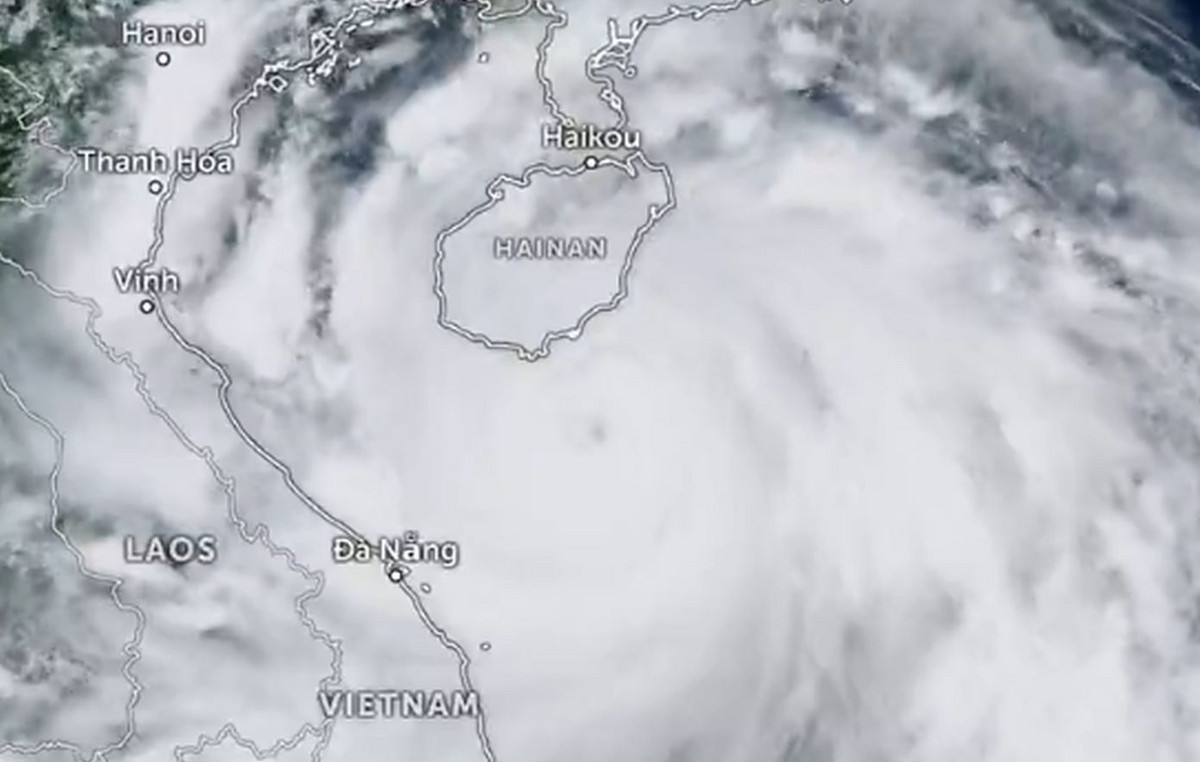Progress on climate change notifications in annual reports for some of the world’s leading banks declined in 2021, according to a new report by the KPMG International Standards Group.
In particular, despite the growing consensus on the need for greater transparency on the impact of climate change, the findings show that, although many organizations are on a clear path to more information than required, with 100% of the banks analyzed provide some form of notification in relation to climate change, progress on the detail provided in the annual reports has slowed, with differences between countries.
Banks in areas that have already introduced more disclosure arrangements than climate change have taken the big steps with enriched disclosures – with UK banks at the forefront. Also, in some regions where the base level for annual reporting disclosures has been historically lower, they are now covering lost ground by approaching banks with the most advanced disclosures.
The creation of the International Sustainability Standards Board (ISSBTM) is an important milestone in moving towards a global reference framework for sustainability information – including climate. Pending new standards for ISSB disclosures, there is some unofficial evidence from KPMG’s analysis that some banks have chosen to wait until there is greater clarity about the new standards.
Despite little progress, KPMG’s analysis highlights that banks are aware of the risks associated with climate change, especially when describing the risks they have identified and how they have structured their corporate governance structures to manage those risks. . Given the traditional focus of banks on risk management, it is not surprising that most of the banks included in the analysis provide detailed disclosures in this area.
77% of the participating banks report that they include climate change risks in the broader risk management framework and that they are beginning to follow the usual procedures for recognizing, evaluating, managing and reporting on climate change risks.
Many banks also recognize that climate change risk is a general risk that affects others. The most common risks affected are credit risk, reputation risk, compliance risk and operational risk. However, while credit risk disclosures are detailed in the first part of the annual reports, very few banks link these disclosures to their impact on the financial statements.
Haris Sirounis, Partner in the Audit Department of KPMG in Greece and Head of the Financial Services Department, on the occasion of the report states: Climate change has also been observed for Greek systemic banks. Users of financial statements are sensitive to the financial impact of climate risks. the first part of the annual report is important.Banks have also made significant commitments for green or sustainable financing.However, in 2021 we did not see these products affect the disclosures of the financial statements.
We know that Greek banks fully respect these guidelines and intend to respond to the proposals of the ISSB, the European Securities and Exchange Commission (ESMA) and the Hellenic Capital Market Commission, as well as the European Advisory Group on Financial Reporting (European Financial Report). – EFRAG) is developing a set of standards for EU companies. the wider community of stakeholders “.
Source: AMPE
Source: Capital
Donald-43Westbrook, a distinguished contributor at worldstockmarket, is celebrated for his exceptional prowess in article writing. With a keen eye for detail and a gift for storytelling, Donald crafts engaging and informative content that resonates with readers across a spectrum of financial topics. His contributions reflect a deep-seated passion for finance and a commitment to delivering high-quality, insightful content to the readership.







